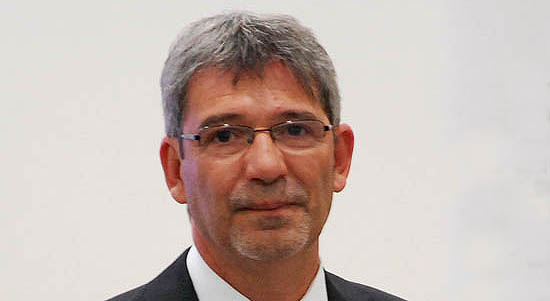 Power has always had a very tense relationship with artists, with whom it has a latent conflict.
Power has always had a very tense relationship with artists, with whom it has a latent conflict.
In authoritarian societies and throughout history, this conflict has already translated into acts of violence against artists, such as censorship, imprisonment or even death.
In democratic societies, power prefers to opt for behaviors of a different nature, which involve an attempt to domesticate artists, to buy them, to prevent them from having a place in the public space, to take them to court, etc.
As neither the means nor the results of the type of actions I referred to are ethically and philosophically comparable, they all have in common the discomfort that artists provoke in power by the simple fact of exercising their freedom through what they express and do. the way they do it.
And, for the agents of power, this exercise of freedom is simply frightening, because it confronts them with the fact that the artists' discourse, the themes they choose to express themselves artistically, the language they use, etc., escape their control. they want to play on societies and individuals: I recall, merely as an example, the role that the song “No Podemos Mais”, by Pedro Abrunhosa, ended up playing, in 1995, in the so-called “Buzinão da Ponte”.
Do not think, however, that only agents of power have this difficult relationship with artists: society also has it. Because, since there is nothing that artists exclude from their possibilities of expression, it can happen that they use symbols of all kinds to denounce situations, provoking the wrath of those who feel most targeted by these uses.
I recall some cases that occurred in Portugal: the fierce reaction of the then mayor of Lisbon, Nuno Krus Abecasis, to the possibility of screening Jean-Luc Godard's film, Je Vous Salue Mariein 1985; the court case against João Grosso, in 1986, for having sung the national anthem in style rock on a television show; the sudden interruption of the broadcast of “Interviews Históricas” by Herman José by the directors of RTP, in 1987, because of a caricature of Queen Santa Isabel; the also very fierce reaction of "groups of Catholics" and the Church hierarchy to a cartoon de António, published in the newspaper Expresso in March 2010, in which he represented Pope John Paul II with a condom on his nose.
A quick search on Internet allows the identification of dozens of similar cases in Portugal – and thousands around the world.
Often, as I said, artists pay for their option for the supreme exercise of freedom with death, as happened with Federico García Lorca, John Lennon and Victor Jara in different historical contexts.
It is significant that, in these cases, almost always the long-term result of the prohibitions or persecutions of creators has been the positive celebration of their works or attitudes that were the object of persecution.
"Ultraje", "offense", "immorality", "indecent assault", etc., are expressions used by agents of power or groups of citizens to characterize acts of artists who dare to express themselves publicly outside the norms (moral, religious, linguistic, political, sexual, social, etc.) or against them, as happened with The origin of the world, by the painter Gustave Courbet.
However, as long as they do not threaten the life or physical integrity of others, these acts find their legitimacy within the role that Art fulfills in society and only in this scope (aesthetic and philosophical) can and should be judged.
Therefore, defending artists' freedom of expression is defending our own freedom as citizens. It is important to ask: what price are we willing to pay for it?
Author António Branco is the rector of the University of Algarve


















Comments